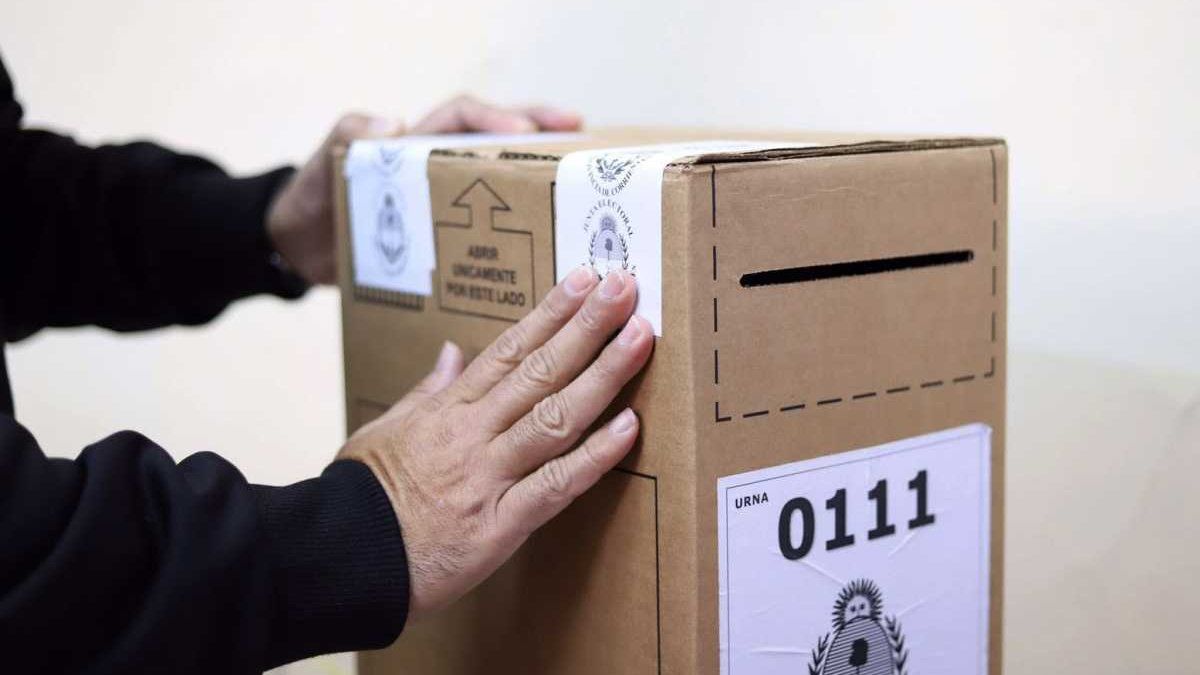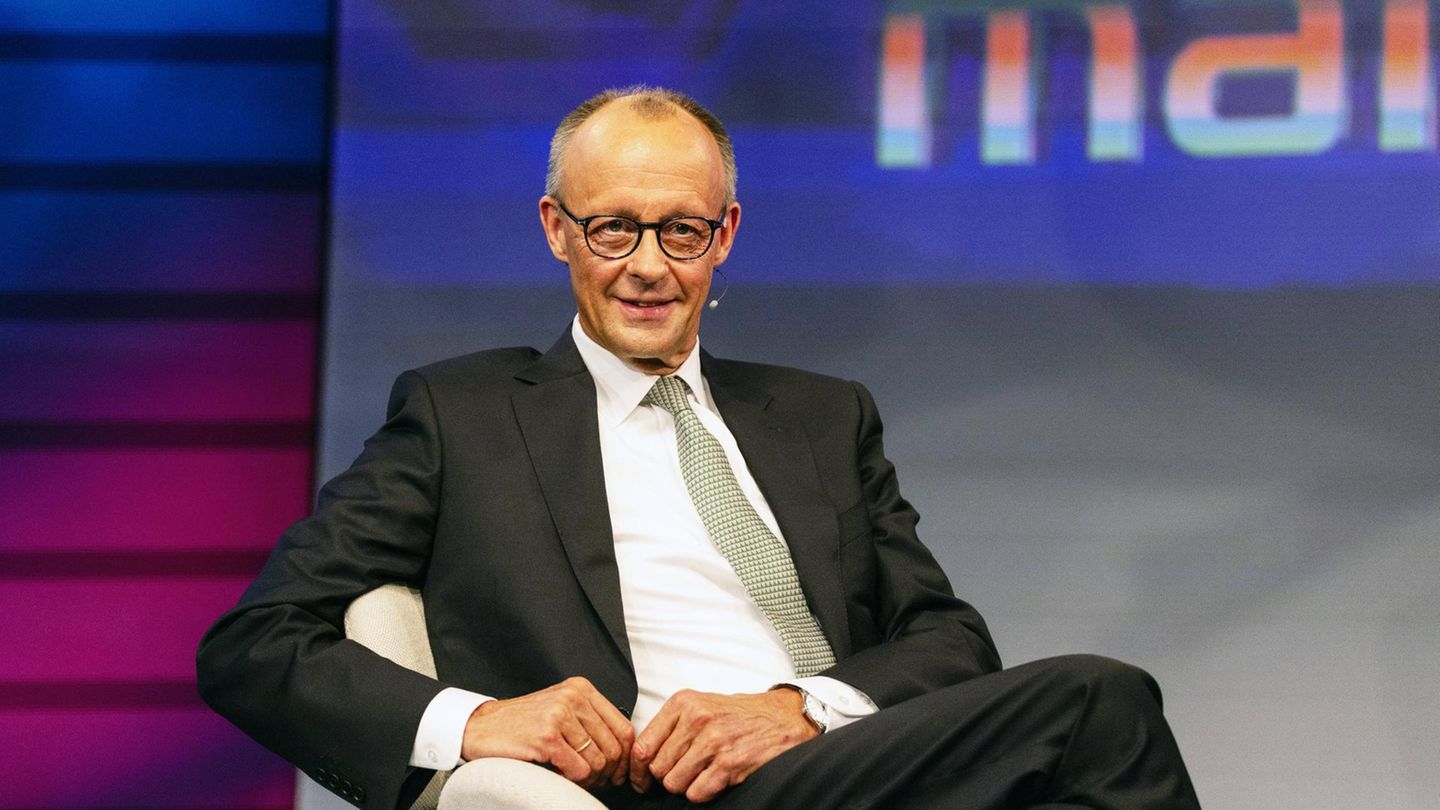Three months from PASSEDa Ecolatina report had the challenge of explaining with economic data how the country’s situation came to be, and especially in relation to the “pocket” of the majority of Argentines with poverty, inflation and wages. In this report, a comparison was sought with previous years whose electoral scenario was the same and possible improvements that could arise in the coming months by the ruling party were analyzed.
According to the consultant, the “pocket economy” plays a fundamental role -among other determinants- in the trust that society has in a government, and, consequently, in its voting decisions. It should be noted that, when voting, the bulk of the population does not do so by looking at the level of net reserves, the fiscal deficit or the monetary assistance from the BCRA to the Treasury, but rather is influenced by what lives in the flesh own in the present: the evolution of purchasing power, employment, consumption capacity and living conditions are much more relevant factors when punishing or rewarding government management.
The main economic-political iteration is inscribed in this framework: Those who govern have short-term incentives to improve the economic position of households in electoral years, giving rise to political cycles being one of the keys to anticipate possible movements in economic policy. In this sense, it is usual to appeal to the accumulation of certain imbalances in the months prior to the elections, which tend to be partially corrected after the elections, once the political cost is reduced. Among these measures, the exchange rate and tariff delays stand out, seeking to slow down inflation; negative real interest rates, promoting cheap credit and/or discouraging savings; and the increase in public spending in real terms.
Social fabric: wages, inflation and poverty
Socioeconomic conditions drag a marked deterioration:
– Poverty: according to Ecolatina estimates, poverty will be around 40% and is the highest level in an election year, if not the highest since 2005.
– Inflation: exceeded 115% year-on-year in May, reaching levels considerably higher than in the rest of the electoral years (since the hyperinflation of 1991).
– Real income of working and non-working households: real salary is at the lowest level in contrast to all election years. The formal real salary is currently at levels 19% lower until March, while the deterioration of the informal real salary for the same period reaches 42%.
– Minimum wage, AUH and minimum retirement: the SMVM lost 37% of purchasing power compared to the 2013 elections, the minimum retirement 24% (even contemplating bonds) and the AUH 18%.
– private consumption: In relative terms, this indicator is shown at levels similar to the average for the rest of the electoral years.
Duality of the labor market
In the fourth quarter of 2022 (latest data available), the employment rate reached maximum levels for the electoral years analyzed, while the unemployment rate was at minimum levels. However, when carrying out an analysis within the types of employment, it is observed that the largest number of new jobs in recent years corresponded to informal and self-employed positions: In numbers, between 2019 and 2022 these two modalities explained 72% of all employment generated.
Also, the increase in Activity rate –made up of people who have a job or are looking for one- towards maximums for the electoral years analyzed is fostered by the “additional worker effect”, given the need to add income to families whose purchasing power is faltering, turning people into self-employment or accepting low-quality jobs, reducing the probability that this translates into higher unemployment. Associated with this is a trend towards moonlighting.
This dynamic has deepened the labor market duality: “those inside” (formal) -protected by parities that shorten their adjustment terms and manage to respond more quickly to the acceleration of inflation- show a trajectory of real income that continues to separate from “those outside” (informal), increasing their dependence on State transfers.
parity-employment-salaries
Depositphotos
New measures before the STEP
Given this scenario, the Government incentives to carry out expansive economic policies that seek to improve purchasing power and household demand in the very short term before the elections.
According to the consultant, the margin to end with a more favorable result in terms of consumption and the social situation in this last year of mandate is meager. Beyond the economic policy guidelines agreed with the IMF, the restrictions of reality will continue to greatly limit the possibility of implementing the traditional pre-election recipes for this to occur both prior to the PASO and until the following instances.
Source: Ambito




